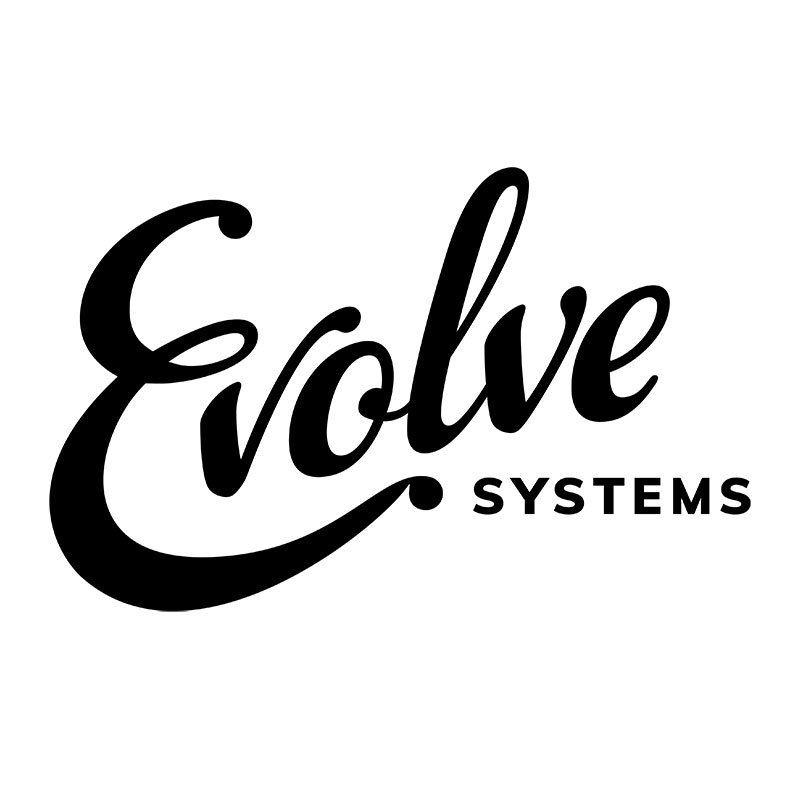3 Questions to Find the Right Accounting Partner for Your Construction Business
This article was originally written in October 2020. It has been updated with new references and information.
4 min read
 Evolve Systems, Marketing Agency
:
April 8, 2022
Evolve Systems, Marketing Agency
:
April 8, 2022

March 17, 2022 - Over the past few years, the manufacturing industry has seen it all. From one roadblock to the next, we’ve encountered more ups and downs than we ever expected. It’s time to take all the pivots, lessons, and celebrations and put them into use.
DISCLAIMER: This is a guest blog written by Evolve Systems, a full-service digital, creative, and technology agency based in St. Paul, Minnesota. Links in this article will navigate you away from www.redpathcpas.com.
For manufacturers, this means investing in marketing. But not just any marketing but strategies built for your company and your goals. Whether you are using an internal marketing team or working with a marketing partner, it’s critical that your 2022 marketing plan (and beyond) revolves around your evolving business goals.
We discuss three ways your manufacturing marketing strategy can help grow your business over the next year.
As we live through this time deemed ‘The Great Resignation,’ employee retention and enticement are trending topics. As employees leave, manufacturers are experiencing significant stress in their ability to keep up with demand, but furthermore, their work environment is becoming unreliable.
So, how does marketing play into employee retention and hiring?
Your website is a direct reflection of the health and quality of your business, and users will make assumptions about your culture based on their experience on your website. When you focus on showcasing the ‘who’ behind your business, you’re not only creating a connection with potential customers but developing a workplace people are proud and want to work at.
Here are three ways to use marketing and your website to authentically express your culture:
A) Team Photos
Show the real faces and personalities behind the products and services you provide. Besides, it’s the people that make your manufacturing company possible. Having a ‘meet the team’ page also allows candidates to envision themselves as a part of the team.
B) About Us Page
This is the perfect opportunity to give life to your manufacturing company. Explain your history, mission, vision, and more. Your company is noteworthy, so prove that to the world.
C) Careers Page
No matter how hard you work to retain your employees, you'll have hiring needs during ‘The Great Resignation’ and beyond. So you must have a platform that makes it quick and easy to find new talent. Your careers page should be user-friendly and clearly show why a candidate should pick your company to work at.
Often, there is a divide between sales and marketing teams. Each team is so occupied working on their goals for the quarter or year that they often overlook each other’s strengths and insights. But as we’ve seen, sales and marketing teams that work together fill the sales funnel more efficiently and effectively.
A marketing strategy built for your business will incorporate the goals and strengths of your sales and marketing team.
At each stage of the funnel, your potential customers are looking for different things. Your sales team has the insider’s knowledge of what those things are, while your marketing team has the capabilities to create the content successfully.
When the two teams work together, you both win; the sales team requires less boots on the ground, and your marketing team’s ROI skyrockets.
For example, let’s break down the first common stage of a manufacturing sales funnel.
As potential customers search for products or services, your manufacturing company can provide content that gives them exactly what they are looking for. Let your sales team communicate your audience’s common needs and wants during this stage and your marketing team will develop the tailored content.
Such marketing content may include:
Check out the other content we recommend incorporating into your manufacturing sales process.
Marketing ROI is the ultimate goal of all manufacturers. When you invest in your marketing, it's critical to see tangible outcomes. Marketing doesn’t need to be a questionable expense, it can (and should be) a measurable asset.
Here are two ways to start proving your marketing ROI and taking it to the next level:
A goal-specific marketing strategy is the first step in getting the results you care about because you’re building a plan based on specific objectives. If your goal is to increase online sales, then at the end of each month, quarter, and year, you should see marketing reports showing changes in your online sales.
When the goals are clear, your marketing team or partner can create a marketing strategy that will get you there.
Once you understand your business goals, your marketing team should develop what metrics can be used to measure the progress of your goals; otherwise known as identifying and understanding your key performance indicators (KPIs).
Your marketing strategies are the overarching goals but the tactics used to achieve the goals need to be measurable to see what’s working and what needs improvement.
2022 is the year for manufacturers to tackle their marketing with confidence!
The perfect way to get started is to understand the ins and outs of developing a marketing plan for manufacturers. At Evolve Systems, a digital marketing agency, we developed an ultimate manufacturing marketing guide for you!
The free ebook takes all the manufacturing insights from the past few years to create actionable steps. It’s a single, easy-to-use guide to help lead your marketing efforts in the new year.
Download your free manufacturing marketing guide here.
To discuss your marketing further, please reach out to our team. We look forward to answering your questions and talking about your goals.
***
The publishing of this guest blog article on www.redpathcpas.com does not imply endorsement or support of any of the services, products, or providers mentioned herein or contained on external websites linked from this page. All information, views, and opinions are those of the author and do not necessarily reflect the official policy or position of Redpath and Company or any other agency, organization, employer, or company. Redpath and Company makes no representations as to the accuracy, completeness, correctness, suitability, or validity of any information in this blog article or on externally linked websites—and makes no effort to verify, or to exert any editorial control or influence over, information on pages outside of the www.redpathcpas.com domain. All information in this guest blog article is provided on an as-is basis, and it is the reader’s responsibility to verify their own facts. As such, the information in this guest blog article is provided with the understanding that the authors and publishers are not herein engaged in rendering legal, accounting, tax, or other professional advice and services, and it should not be used as a substitute for consultation with a professional advisor.

This article was originally written in October 2020. It has been updated with new references and information.

Editor's note: this blog was updated in 2025 with additional resources for business owners.

In a significant shift on Friday, March 21, the Financial Crimes Enforcement Network(FinCEN) has revised its Beneficial Ownership Information (BOI)...